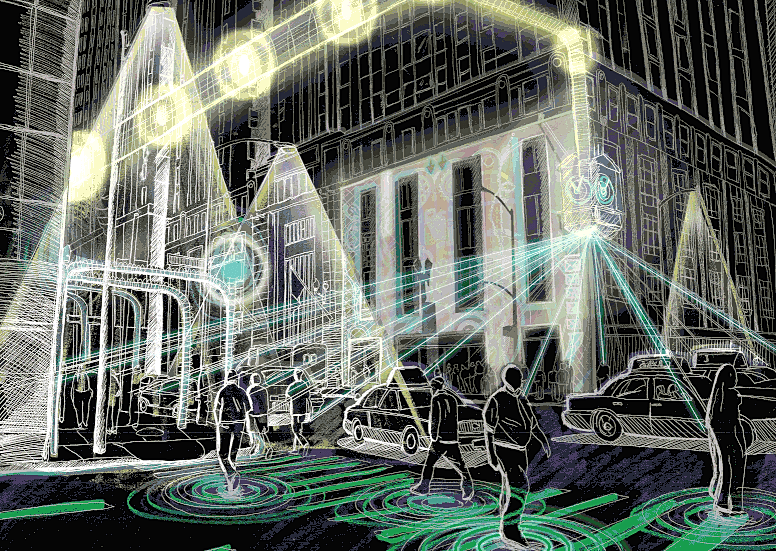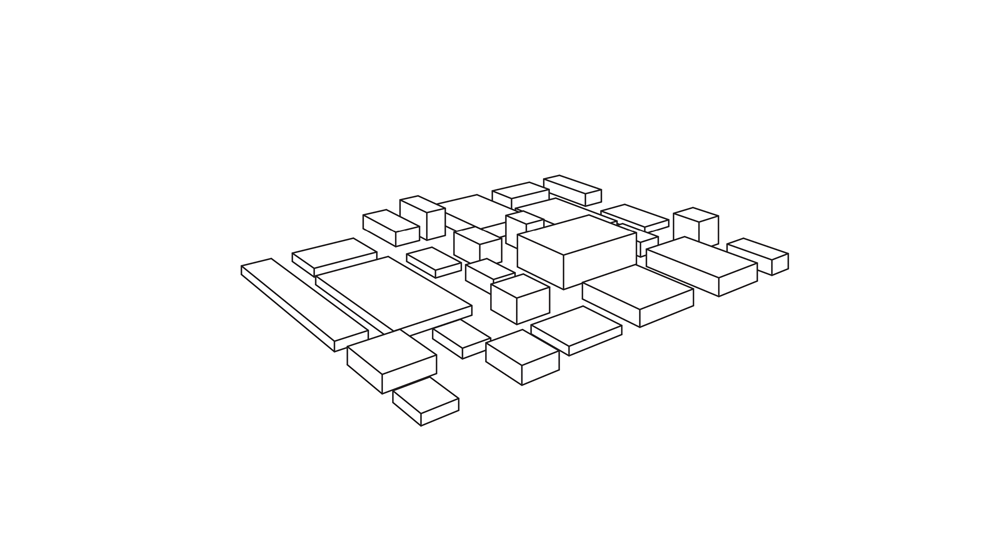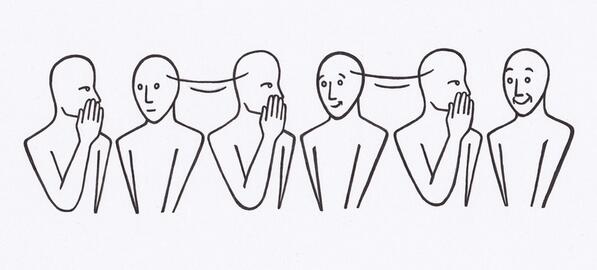We argue that to better capture the range of civic experiences of young people in America, the future of civic education scholar-ship must engage more forcefully with youth agency, critical perspectives, and digital forms of expression.
This seems a central point here. One question is how to move young people from screen to action (and I know both Nicole and Antero will have examples of this and both are deeply involved in this).










